Anima Mundi, Beauty News
Exploring the Many Facets of Motherhood: Beyond Biological Bonds
1. Mothering our Inner Child: Understanding the Mother Wound
Angela Garbes, a noted author on motherhood, describes mothering as both “sensual” and inherently “bodily.” This perspective takes into account the often unseen and underappreciated history of mothering as a primarily female task. Family practitioner Dr. Oscar Serrallach refers to the “mother wound” as a matrilineal legacy of pain, where women bear the brunt of societal limitations, forcing them to adopt the dysfunctional coping strategies of their foremothers. This intergenerational trauma, not recognized as an official diagnosis, significantly affects women’s self-perception and resilience. Psychologist Nadine Macaluso highlights that this trauma is not only a female issue; sons too can suffer from psychological impacts due to weak maternal bonds or strained maternal relationships.
Recognizing that childhood wounds come from various sources, it is vital to engage with trusted professionals and supportive circles to nurture our inner child, embracing diverse pathways to healing these deep-seated pains.
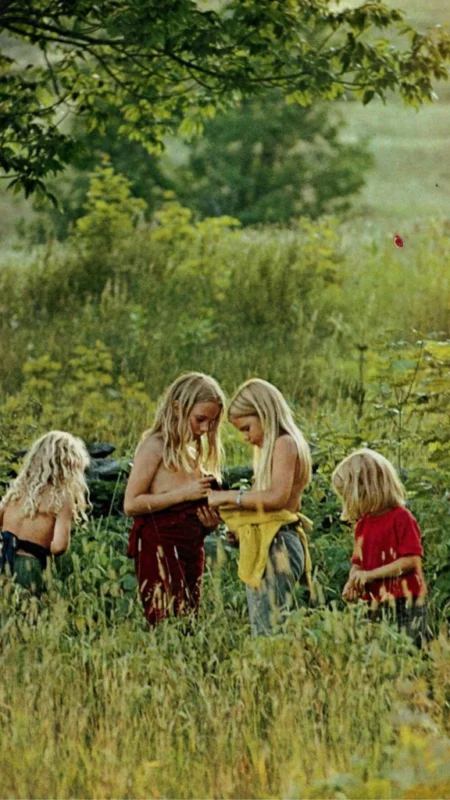
2. Mothering our Siblings and Parents: The Impact of Parentification
When children prematurely assume adult caregiving roles, the effects can last a lifetime, often leading to compulsive caretaking behaviors in adulthood. This role reversal, noted by Gregory Jurkovic in his book Lost Childhoods, can deeply impact a child’s trust and interpersonal relationships. Clinical psychologist Vicki Panaccione observes that such individuals may struggle to relinquish control and seek help later in life, emphasizing the profound influence of early caregiving responsibilities on personal development.
3. Mothering our Ecosystems: Environmentalism and Gender
The narrative of maternal care often overlaps with environmental advocacy, which some argue reflects a gendered bias that undervalues women’s contributions. By equating feminine power with environmental stewardship, we can begin to dismantle stereotypes and acknowledge the crucial role women play in advocating for our planet. This reframing helps to highlight the importance of collective efforts in environmental protection, celebrating women as vital leaders in the movement.
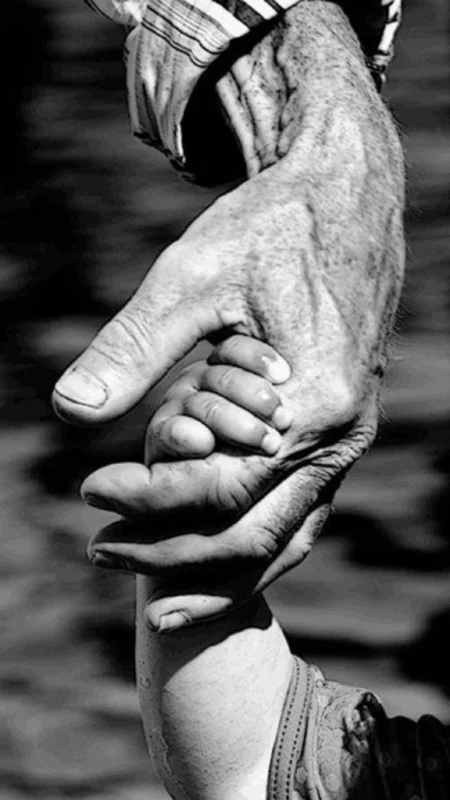

4. Mothering the Sick, Elderly, and Vulnerable: The Role of Caregivers
Caregivers, who are often underpaid and overworked, provide essential services that epitomize mothering. They offer physical care, emotional support, and daily sustenance to society’s most vulnerable. The juxtaposition of their critical roles in education, healthcare, and food services against their own unmet childcare needs points to the broader systemic issues that need addressing to properly value all forms of caregiving.
5. Mothering Children of Others: Expanding the Definition of Motherhood
Carol Bradley Bursack and Dr. Katy Huie Harrison discuss how motherhood transcends traditional roles and can be embraced by anyone, regardless of gender or biological connection. This expanded view recognizes all individuals who provide nurturing and protection as mothers, highlighting the diverse ways people can engage in mothering behaviors and support community members.
These perspectives encourage a broad, inclusive understanding of motherhood, emphasizing that it is an act of love and care that can manifest in numerous forms across different contexts. By supporting and acknowledging these various forms of mothering, we enhance the well-being and resilience of our communities and ensure a nurturing environment for all generations.
Herbs for all types of Mothers
Motherhood comes in many forms, and each journey is unique. Whether you’re a new mom seeking balance, a seasoned parent looking for rejuvenation, or someone nurturing the community and environment, there’s a herbal remedy to support your needs. We’ve curated a selection of herbs that cater to the diverse roles mothers play, enhancing well-being through natural, holistic approaches. Explore our specially crafted herbs that provide care for all types of mothers, ensuring they receive the same level of nurturing and protection they offer so freely to others.
Calm Tea
For tending to the mother wound, nurturing your inner child and other deep inner healing work, try this unique blend of nervines, adaptogenic herbs, chamomile, and other mind-body-spirit soothing plants.
Schisandra Rose
The “quintessence of tonic herbs” is an excellent fit for supporting mental, physical, and spiritual fortitude, paired with healing and heart-opening Rose for children who were “parentified” early in life and for anyone looking to balance yin and yang holistically.
Adaptogenic Powder
Mothering our ecosystems is investing in regenerative agriculture. These sustainably grown mushrooms from Washington State are also adaptogenic powerhouses that serve the people and the planet.
Butterfly Pea Flower
For the ultimate self-care for the caretakers, try a blue healing bath with our Butterfly Pea Flower, or enjoy the nervous system balance, beauty benefits, antioxidant and anti-inflammatory properties of this bloom.
Chaga
Whenever you’re around children, immunity protection is essential. The “body guard” of the mushroom world, Chaga may also boost cognitive function, relieve pain, and act as an immunomodulator.

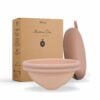
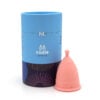



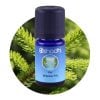





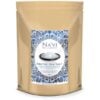


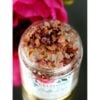

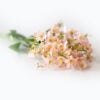
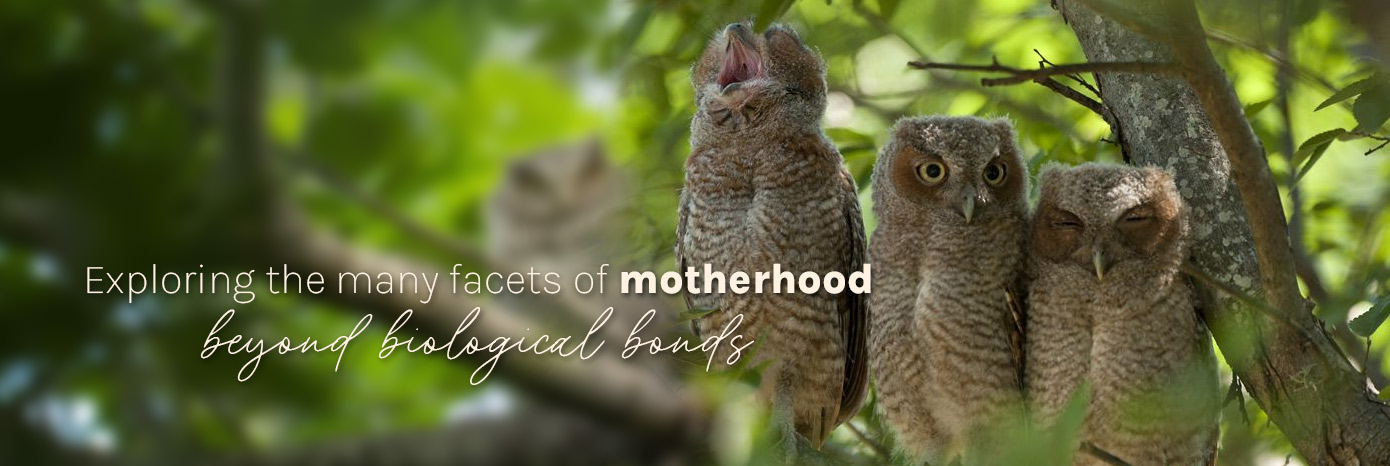





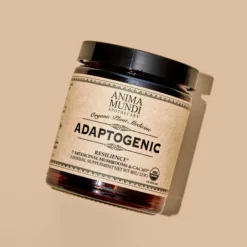


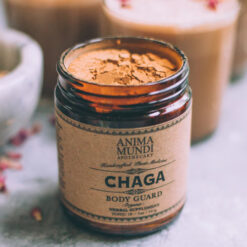









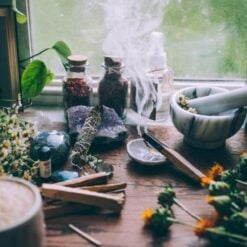


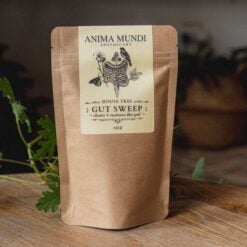
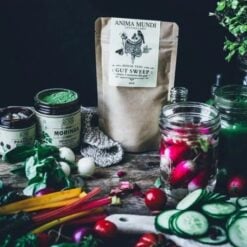

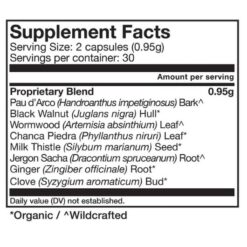


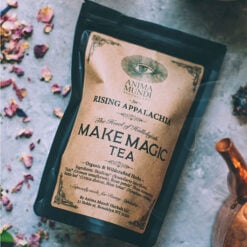
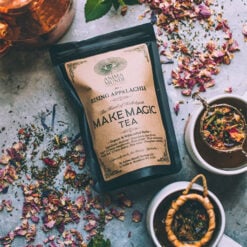
 Beauty Products
Beauty Products By Skintype
By Skintype Brands A-Z
Brands A-Z Wellness
Wellness Health / Nutrition
Health / Nutrition